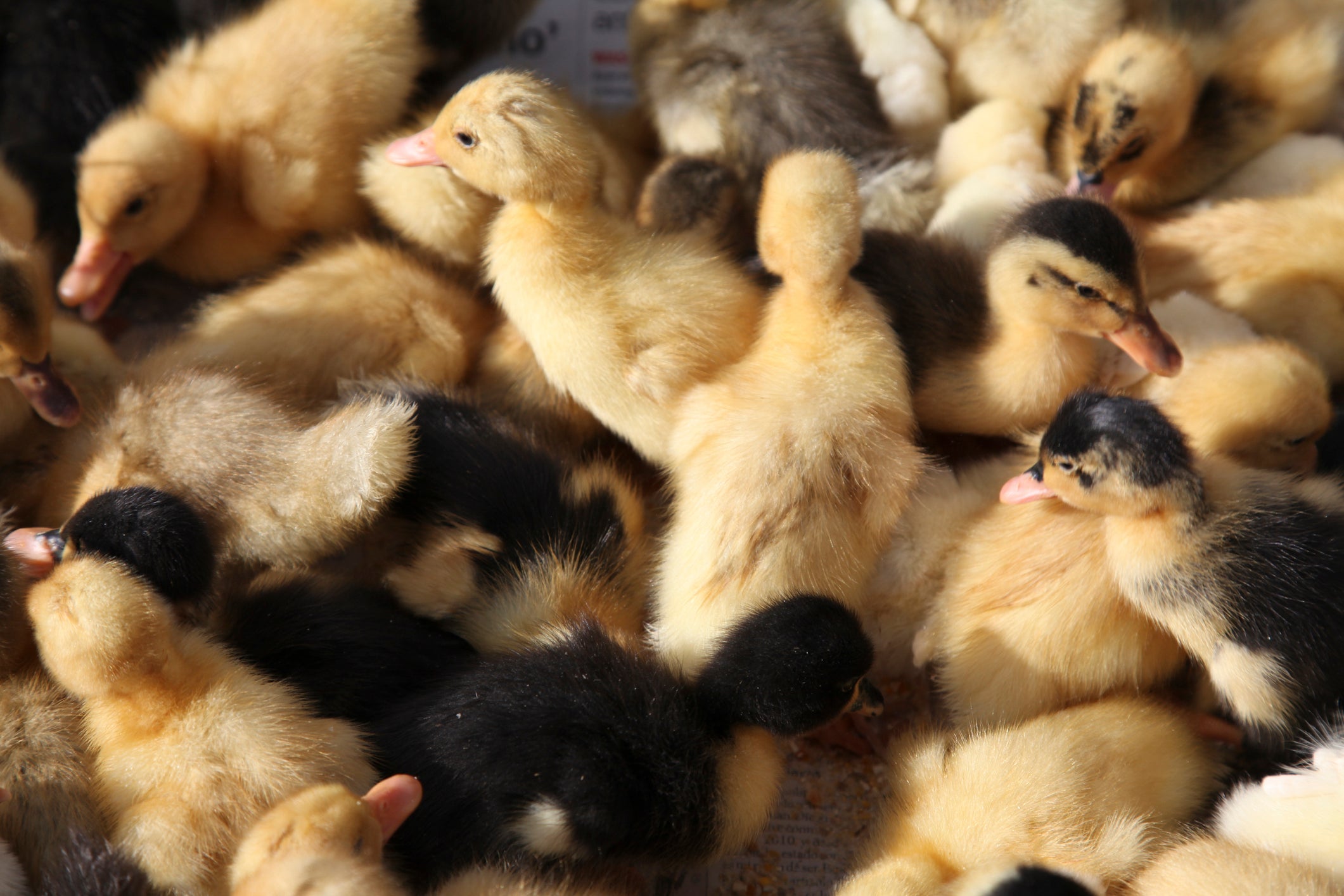Government set to ditch promised animal welfare ban on fur imports and foie gras
Jacob Rees-Mogg among ministers said to be opposed to the anti-cruelty policies

The government is likely to drop a promised ban on imports of fur and foie gras because of opposition within the Cabinet.
The policies were set to be included in new animal welfare legislation, but several ministers are reported to have raised concerns about the plan.
Jacob Rees-Mogg – who has just been promoted to Cabinet as Brexit opportunities minister – is said to be among opponents of the changes.
Farmers in the UK are already banned from producing foie gras because it involves force-feeding ducks and geese in order to fatten their liver – but the food can still be imported from abroad.
Fur farming has also been illegal in the UK since 2000 but campaigners have long pushed for an import ban on farmed fur produced in other countries.
The government's Animals Abroad Bill was expected to include the two trade bans as a way of improving animal welfare, but it has been held up by disagreements within government.
It is also supposed to include other measures to help animals living in other countries such as restrictions on trophy hunting and holidays that lead to the neglect of animals.
Ministers have confirmed that they will go ahead with the trophy hunting aspect of the bill but the BBC reports that action on foie gras and imported fur is likely to be ditched.
Mr Rees-Mogg is said to be opposed to the bans because he believes people should have the choice to buy products produced in cruel ways if they wish.
Other ministers, including Northern Ireland secretary Brandon Lewis and defence secretary Ben Wallace, have also raised concerns that a fur ban could mean the import of bear-fur hats worn by guardsmen soldiers would no longer be permitted.
Environment minister Lord Goldsmith had said last year that the government would legislate for the bans at “the earliest possible slot”.
But a spokesperson for the government now says no final decision has been taken, adding: “This government is united in its commitment to upholding its world-leading standards in animal welfare.
“Our Action plan for Animal Welfare sets out the government’s vision to introduce a range of world-leading reforms to improve the welfare and conservation of animals at home and abroad.”
Claire Bass, executive director for Humane Society International, said the policy was popular and should not be derailed by a minority in government.
“Polls show that 72 per cent of Brits want a fur ban, and over 140 MPs from all parties agree that we should not remain complicit in the death and suffering of millions of animals caged or trapped overseas for frivolous fashion,” she said.
"Last year there were 30,000 responses to the government’s Call for Evidence on the fur trade, we are calling for the results to be published. This evidence should determine government policy, not the personal preferences and hunches of a small number of influential Conservatives.“
Responding to the news of a likely U-turn, a spokesperson for the British Fur Trade Association said: “We’ve said all along that a fur ban would make no difference to animal welfare, is not supported by the vast majority of the British people, would result in thousands of job losses, disrupt trade including between Northern Ireland and the rest of the UK, and damage consumer choice.
“We are pleased that sensible members of the government have listened to our concerns and have decided not to pursue such an unworkable and damaging step despite the shrill, unevidenced calls of animal rights activists.
“It should be for people themselves to decide if they wish to buy and wear fur, not the government acting like a wardrobe police, telling people what they should and should not wear. The government should now engage with us on the comprehensive welfare schemes already in place to deliver on our shared goals around animal welfare.”
Join our commenting forum
Join thought-provoking conversations, follow other Independent readers and see their replies
Comments
Bookmark popover
Removed from bookmarks